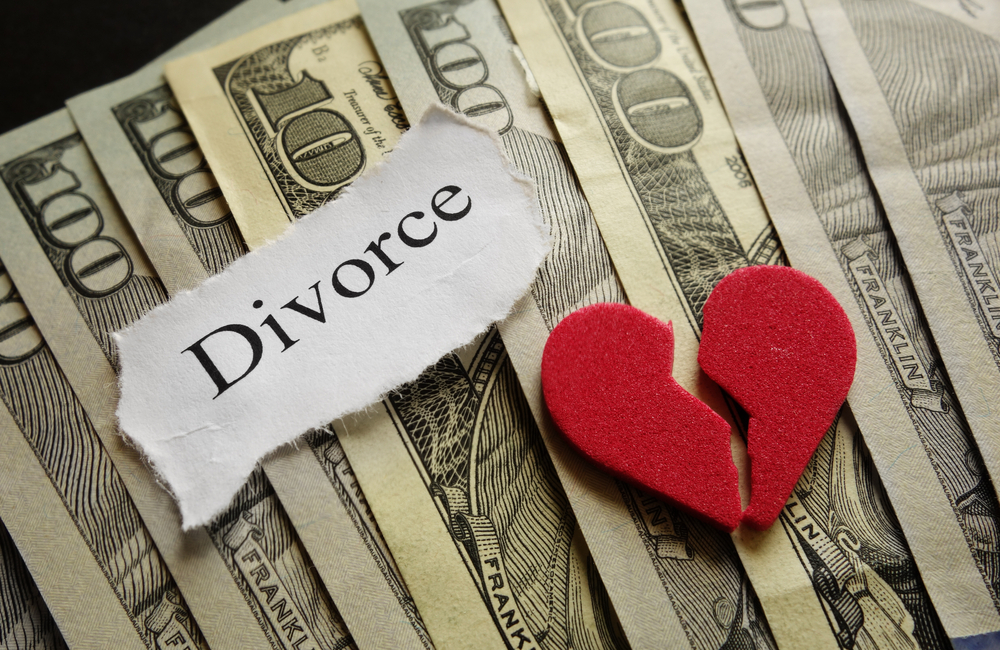A reader recently asked if she could collect Social Security benefits based on her ex-spouse’s earnings history. She had been married to him for nine years and seven months.
Unfortunately, the answer was not what she wanted to hear. In order to be able to collect spousal benefits based on an ex-spouse’s earnings record, you must have been married for 10 years or longer. Even one day short of 10 years will disqualify you for divorced spouse benefits.
Qualifying for Divorced Spouse Benefits:
In addition to being married for 10 years, you must meet the following requirements to collect divorced spousal benefits:
- You must be unmarried at the time you apply for divorced spouse benefits,
- You must be age 62 or older,
- The benefit that you are entitled to receive based on your own work must be less than the benefit you will receive based on your ex-spouse’s work history, and
- You must be entitled to Social Security retirement or disability benefits (i.e., you must have earned enough credits on your own work history)
There are a couple of other rules you will need to keep in mind regarding divorced spouse benefits. First, you must be divorced for at least two years before you can collect benefits based on an ex-spouse’s earnings record. Second, you can not be remarried and collect benefits on an ex-spouse’s earnings record. However, if your marriage ends (due to death or divorce), you can then go back and collect on an ex-spouse’s earnings if you were married to that person for at least 10 years.
Which Benefit: Yours or Your Ex-Spouse’s?
Also, if you are eligible for Social Security retirement benefits based on your own work history, then Social Security will award you the highest benefit you qualify for, whether it’s your own benefit or the spousal benefit. Keep in mind that the spousal benefit is generally half of the benefit your ex-spouse will collect, so unless he/she had much higher earnings than your own (or you did not work for many years while raising a family), your benefit will most likely be higher than half of your ex-spouse’s benefit.
If you are at full retirement age, you have the choice of collecting either your own benefit or the spousal benefit, even if your benefit would be higher. Why would you elect the lower spousal benefit? By electing to take the spousal benefit instead of your own, you allow your own benefit to continue accruing credits, which will result in a higher benefit at a later date. This can be a good strategy to increase your lifetime Social Security benefits.
For more spousal and divorced spouse strategies, please read Social Security’s Gift to Married Couples: The Spousal Benefit.






Eloisa Robertson says
My husband and I have been married 8 years. He was married before but for only 3 or 4 years each time.
He now has cancer.
Do I qualify for surviving spouse should my husband lose his battle with Cancer
before we reach our 10th year of marriage ?????
kristine says
Hi Eloisa. I am very sorry to hear about your husband’s cancer. I hope he is able to beat the cancer and live a healthy life, but if he should pass away you may qualify for survivor benefits. The rule for survivor benefits is different than spousal benefits. You are correct that you must be married for at least 10 years to qualify for spousal benefits; however, for survivor benefits you must only be married for nine months.
The amount you will receive if you qualify for survivor benefits depends on your age at the time you collect benefits. If you are under your full retirement age, but at least age 60, you can receive between 71.5 percent and 99 percent of your husband’s benefit amount. At your full retirement age, as the survivor you will receive 100 percent of your husband’s benefit amount. The amount may also depend on when your husband started collecting Social Security (if he is already collecting). If he applied for Social Security benefits before his full retirement age then your survivor benefit will be based on his reduced amount, not his full retirement age amount.
For more information on Social Security Survivor benefits, please visit https://www.ssa.gov/planners/survivors/.